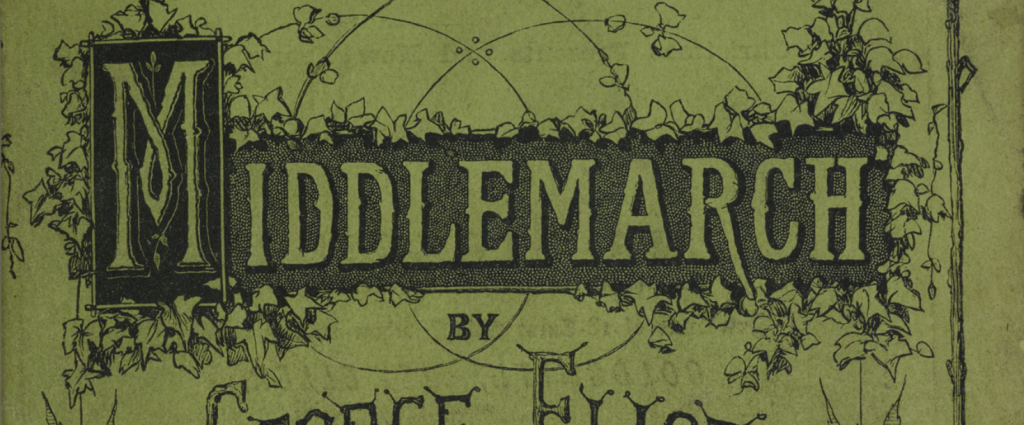How is the idea of femininity portrayed in the two sisters: Dorothea and Celia?
Theory of the Novel HKU 2021 Dashboard
Description
 The novel has been one of the most important cultural forms of the past two hundred years. Yet in contrast to poetry and drama, the distinctive formal qualities of the novel have been difficult to define. What is a novel? This course will survey the ways that theorists have sought to understand the novel’s development and its unique form. We will begin with critical accounts of the novel’s rise in the eighteenth century. Why did the novel emerge at this moment, and what is its relationship to other literary and non-literary forms, like the romance and the newspaper? We will then think about the form of the novel and how theorists offer various accounts of its formal structure and its relationship to the world it represents. We will conclude the semester by looking to postcolonial approaches to the novel. This course will focus on the British novel, and we will think about these theories in relationship to the Victorian novel, George Eliot’s Middlemarch.
The novel has been one of the most important cultural forms of the past two hundred years. Yet in contrast to poetry and drama, the distinctive formal qualities of the novel have been difficult to define. What is a novel? This course will survey the ways that theorists have sought to understand the novel’s development and its unique form. We will begin with critical accounts of the novel’s rise in the eighteenth century. Why did the novel emerge at this moment, and what is its relationship to other literary and non-literary forms, like the romance and the newspaper? We will then think about the form of the novel and how theorists offer various accounts of its formal structure and its relationship to the world it represents. We will conclude the semester by looking to postcolonial approaches to the novel. This course will focus on the British novel, and we will think about these theories in relationship to the Victorian novel, George Eliot’s Middlemarch.
Galleries, Timelines, and Maps
What is the motive for Dorothea's intellectual pursuit?
-
Describe the roles and functions of the narrator.
-
How does Eliot examine the notions of moralism and aestheticism through the characters Dorothea and Will?
-
How does Eliot enhance the characterisation of Dorothea and explore the “Woman Question” through the explicit references to Milton’s daughters, Paradise Lost, and Othello?
-
In Middlemarch, Dorothea is myopic, while Casaubon's vision is deteriorating. The heroine is also exceedingly fixated on the male philosophers and intellectuals, such as Milton, who became blind in his later life. Discuss the recurring motif of sight in the novel.
How does St. Theresa in the prelude relate to Dorothe Brooke?
What is Dorothea's reason for accepting Casaubon's marriage proposal? How does this tie in with the kind of idealism embodied by Dorothea that George Eliot portrays in the beginning chapters?
Timeline of major events during the events and writing of Middlemarch.
Pages
Individual Entries
How is the idea of femininity portrayed in the two sisters: Dorothea and Celia?
What is the motive for Dorothea's intellectual pursuit?
-
Describe the roles and functions of the narrator.
-
How does Eliot examine the notions of moralism and aestheticism through the characters Dorothea and Will?
-
How does Eliot enhance the characterisation of Dorothea and explore the “Woman Question” through the explicit references to Milton’s daughters, Paradise Lost, and Othello?
-
In Middlemarch, Dorothea is myopic, while Casaubon's vision is deteriorating. The heroine is also exceedingly fixated on the male philosophers and intellectuals, such as Milton, who became blind in his later life. Discuss the recurring motif of sight in the novel.
How does St. Theresa in the prelude relate to Dorothe Brooke?
What is Dorothea's reason for accepting Casaubon's marriage proposal? How does this tie in with the kind of idealism embodied by Dorothea that George Eliot portrays in the beginning chapters?
